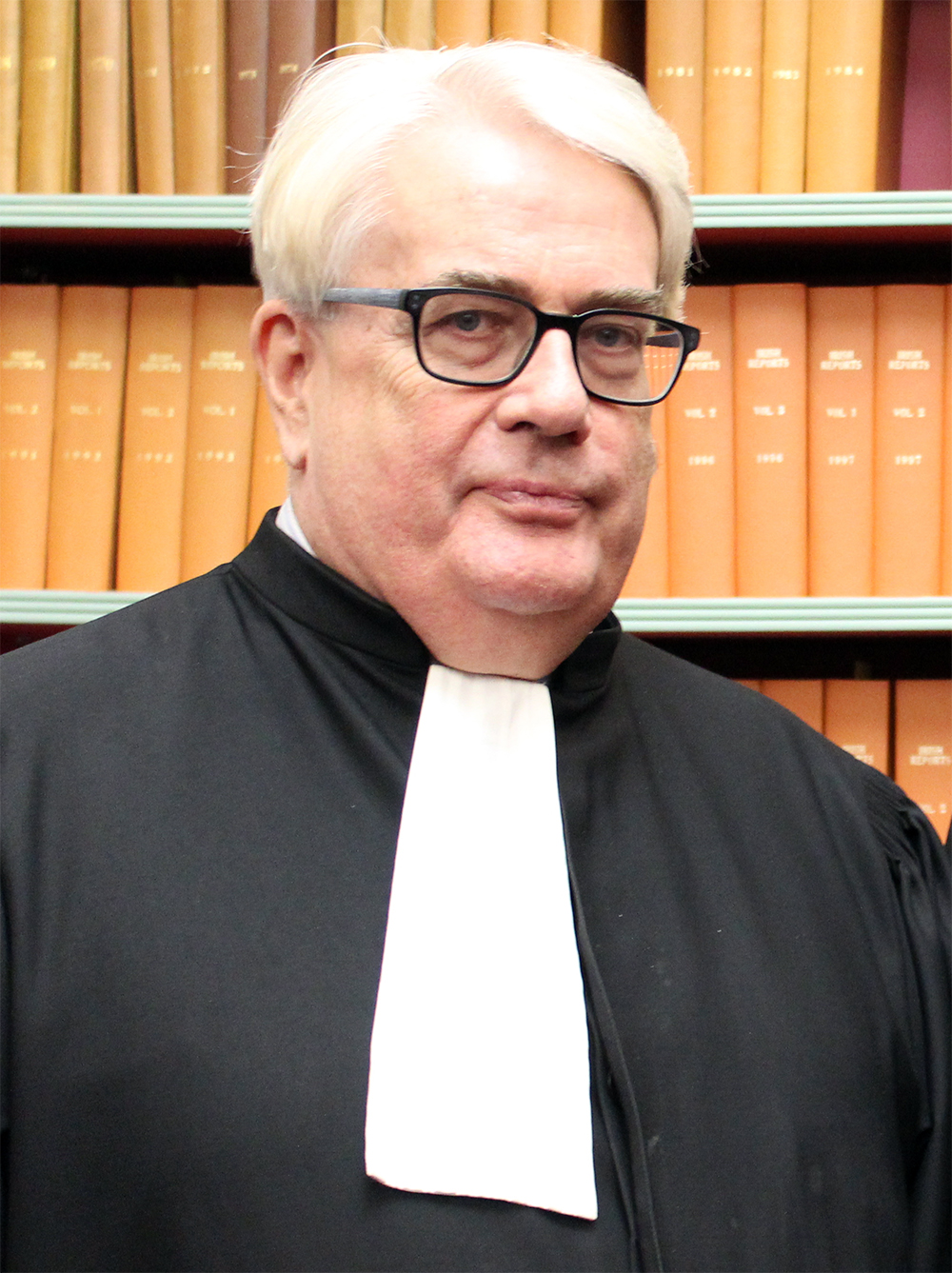Courts have ‘developed five years in five months’ during COVID-19 crisis

Chief Justice Frank Clarke
The Courts Service has “developed five years in the past five months” in terms of thinking, planning and actions due to the COVID-19 pandemic, Chief Justice Frank Clarke has said.
Speaking at the launch of the service’s annual report for 2019, which he said “seems now like a different era”, he welcomed ongoing projects and government commitments to modernise the Irish courts system.
“Many of these plans will probably require three to four years before they can come to fruition,” he said.
“The 2019 Courts Service report may, therefore, provide a very useful benchmark against which we can measure progress in, say, 2023 or at the time of the centenary of the independent Irish courts in 2024.”
He thanked Justice Minister Helen McEntee, who took up the justice brief when the new government was formed last month, for her “real cooperation in these matters”.
“I know that there are some additional legislative measures approved by the cabinet which will help us – amongst many things – expand the use of video conferencing and begin the use of filing electronically,” he said.
“These are very welcome. I also welcome the commitment in the programme for government both to establish a process to identify the current and medium term requirement for judicial numbers, and also to advance a new structure for the delivery of family justice.”
He continued: “But we must also look to the medium term. I know that there are active discussions between the Courts Service and your officials about the Courts Service’s Digital First programme. We can also expect the report of the Civil Justice Review Committee, which former President Peter Kelly has chaired, to be published by the end of September. These will form important building blocks for the development of a significantly modernised civil courts structure in the coming years.
“There are also short and medium terms needs in respect of premises. I know that further discussions are afoot about securing additional premises in which criminal jury actions can be tried, given that the space requirements to conduct such cases in accordance with social distancing are so much greater than would have been the case in the past.
“I also very much welcome the fact that you, minister, have secured additional funding so as to enable the Hammond Lane project to go ahead. That building will provide the physical infrastructure in which the new family court structure which is proposed can operate to its greatest effect.”
Chief Justice Clarke added that he was “delighted to be able to nominate judges” to various groups set up recently within the Department of Justice to look at criminal, civil and family justice, which he said are “working very effectively”.
Welcoming the report, Ms McEntee said: “I look forward to working in collaboration with chief executive [Angela] Denning, the Chief Justice the Hon Mr. Justice Frank Clarke, the board members and staff of the Courts Service, together with the judiciary, to deliver on the ambitious reforms set out in the programme for government.”








